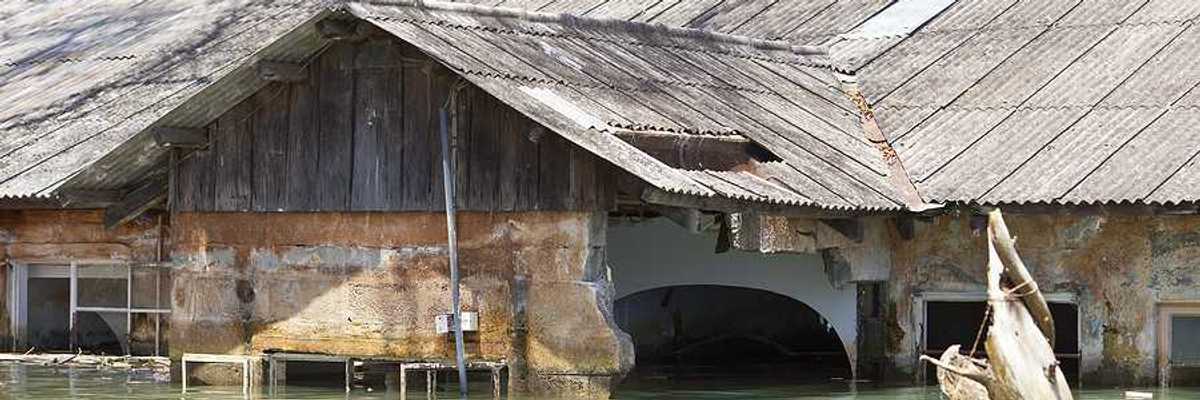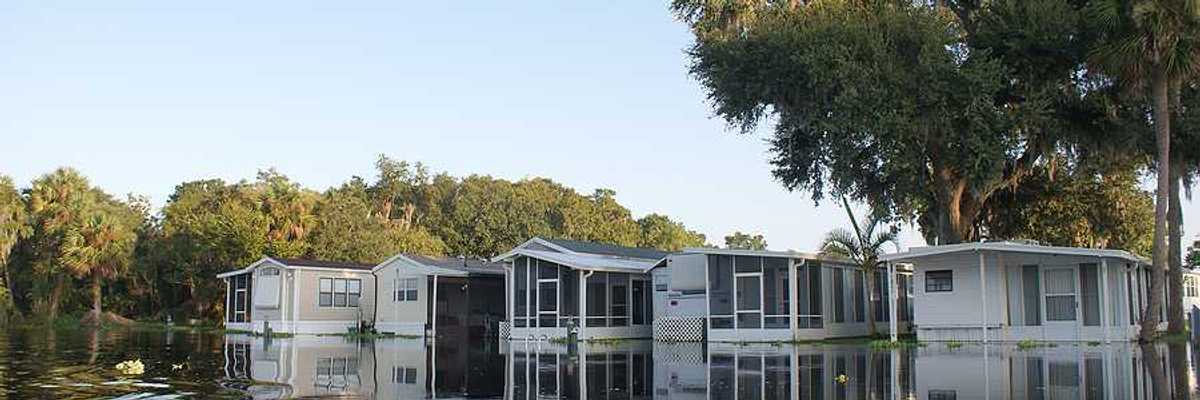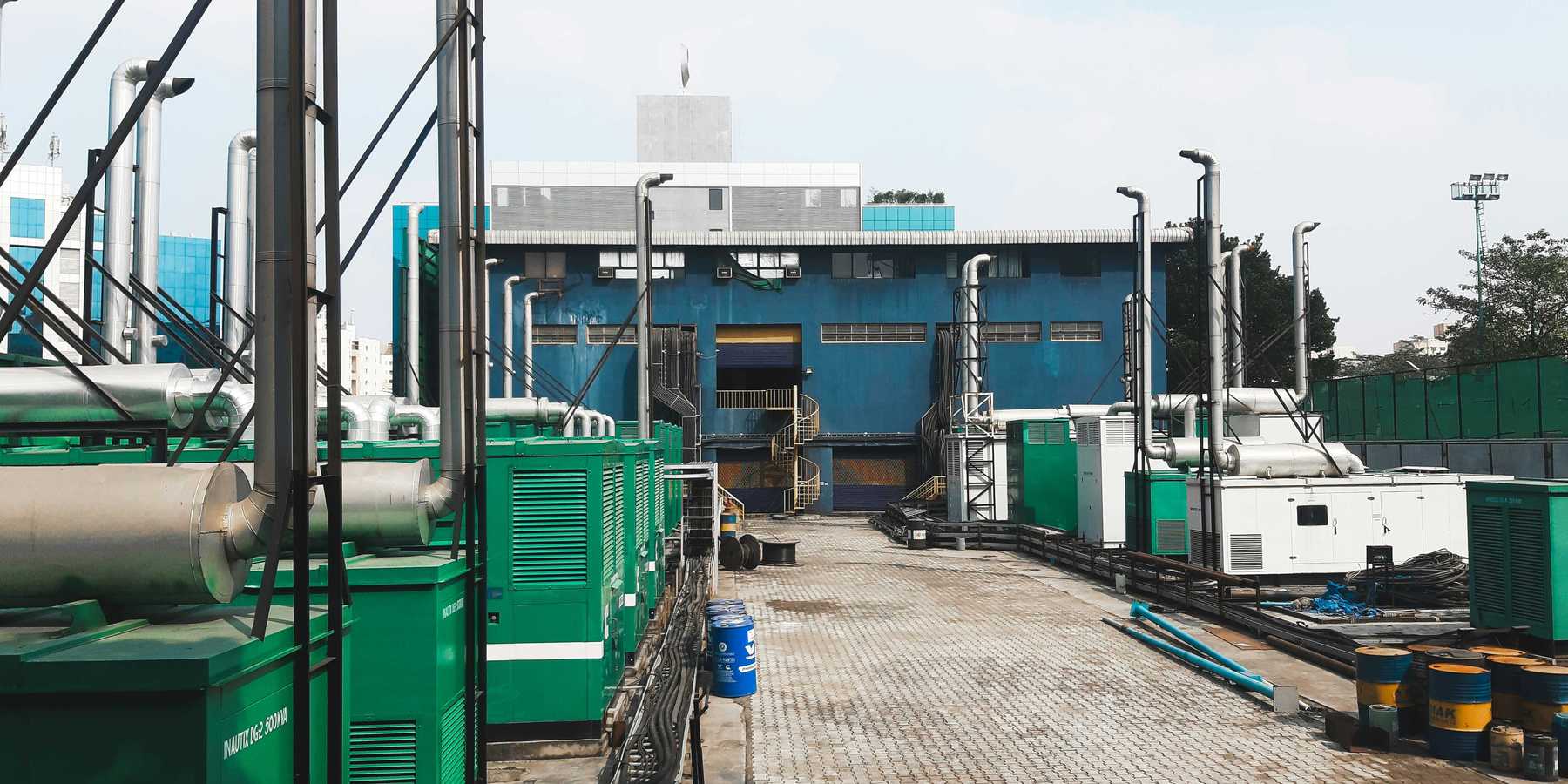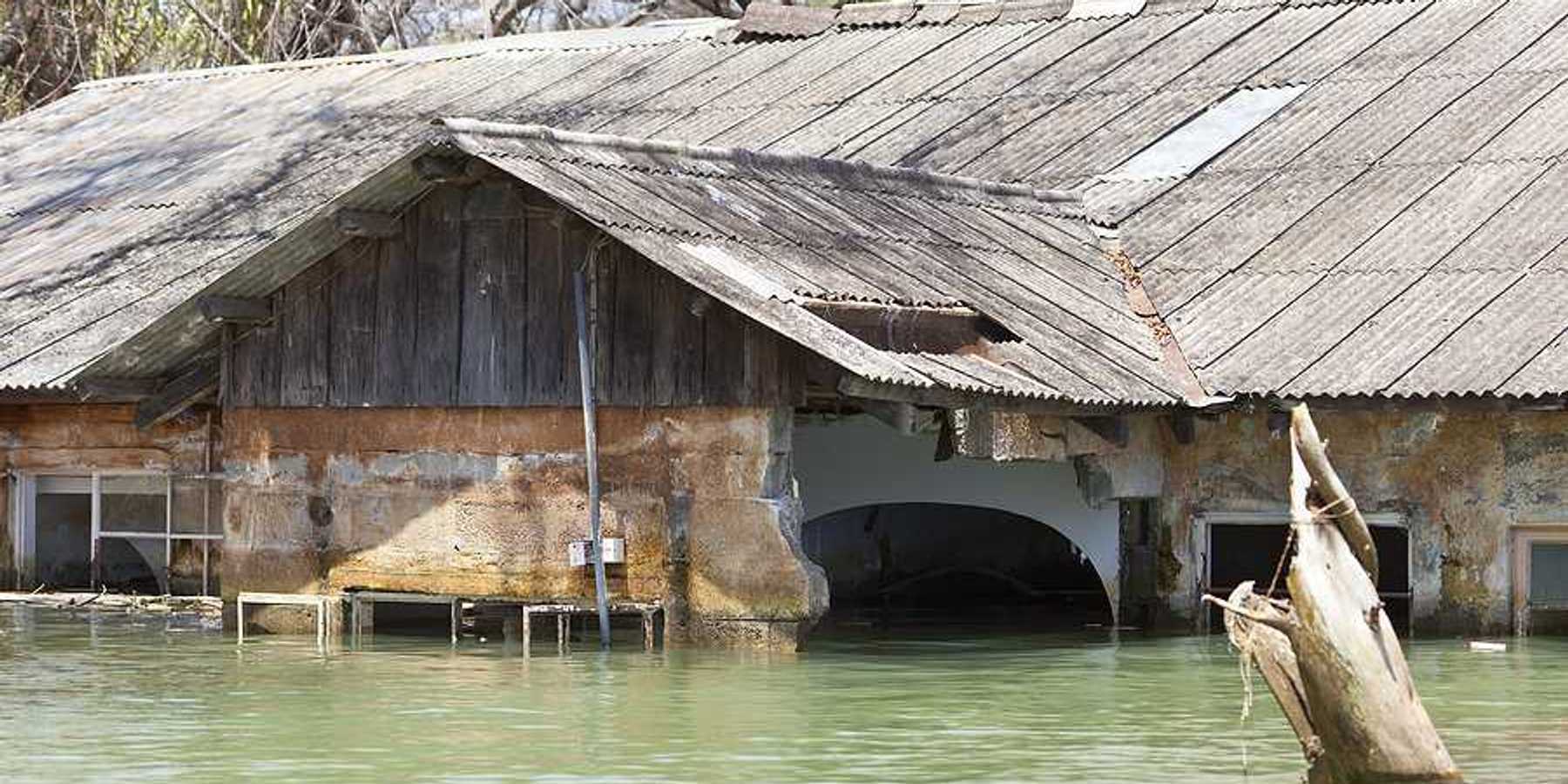consumers
Climate change will continue to drive up consumer costs
Climate change is already causing price increases on everyday items, and researchers warn it will only worsen, impacting both the planet and the economy.
Sarah Kaplan and Rachel Siegel report for The Washington Post.
In short:
- Rising temperatures are linked to a 1.2 percentage point increase in annual global inflation by 2035.
- Extreme weather events are disrupting supply chains and pushing insurance costs higher.
- Food prices, particularly for climate-sensitive crops like olive oil and cocoa, are especially vulnerable.
Key quote:
“These are really big effects … and they are going to get worse. The clearest way we can limit that is just trying to limit climate change itself.”
— Max Kotz, climate economist at the Potsdam Institute
Why this matters:
From the grocery store to the gas pump, prices are rising, and researchers warn that the situation is poised to get worse. The economic impacts of climate change are being felt in myriad ways, as extreme weather events, shifting agricultural patterns, and disrupted supply chains drive up costs.
Climate change impacts insurance availability in high-risk areas
Increasing natural disasters driven by climate change are making insurance unaffordable or unavailable for many homeowners, especially in states like California, Florida, and Louisiana.
In short:
- Homeowners in high-risk areas struggle to find affordable insurance as companies withdraw or hike premiums.
- States offer insurers more flexibility, but risk becoming the insurers of last resort.
- Rising disaster costs and population growth in risky areas exacerbate the problem.
Key quote:
“Insurance companies have basically become our land-use officials.”
— Doug Heller, director of insurance with the Consumer Federation of America
Why this matters:
Without affordable insurance, homeowners may be forced to relocate, which could lead to broader economic and social impacts. The increasing financial strain on homeowners is just one of many symptoms of a planet under stress. For families, this isn't just about rising costs—it's about the stability and security of their homes and lives.
How you can get others to help climate change, live sustainably
Fashion’s efforts to go green cancelled out by shopaholics
Wrap report says 12% reduction in carbon impact negated by 13% rise in textiles produced and sold.
Editorial: Climate change is costly to consumers, business
What you should know about used EV batteries and tax credits
With the supply chain shocks of the Covid-19 pandemic wearing off and a fresh buffet of juicy enticements, a used EV right now can be one of the best bargains on the road, especially if you can pay cash. That is, if you can get your hands on one, and if your dealer knows about all the perks.









